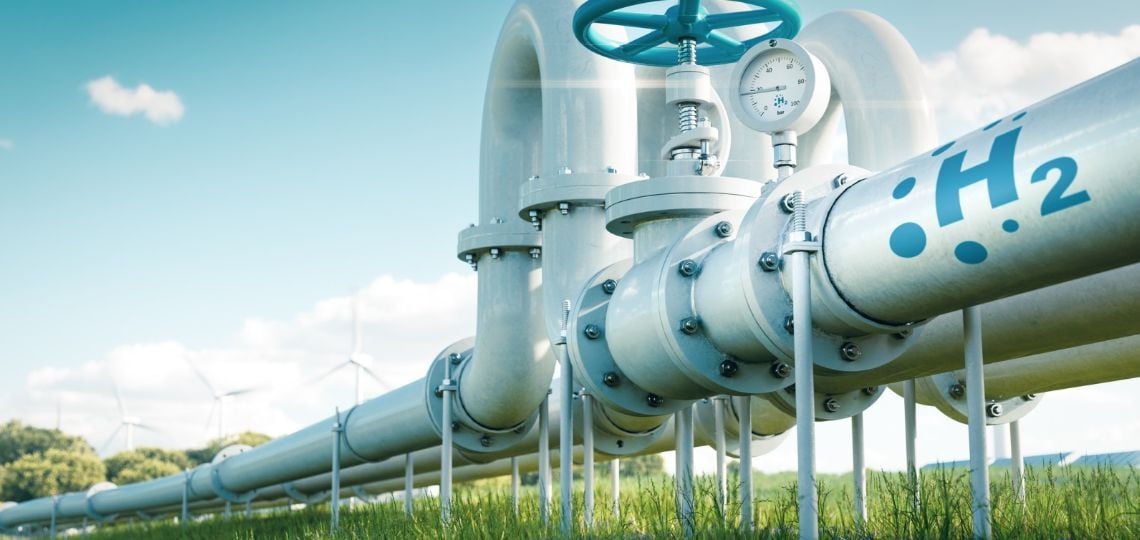Nordic-Baltic Hydrogen Corridor: Strengthening Transnational Infrastructure for Sustainable Energy
Key Ideas
- Six TSOs from Finland, Estonia, Latvia, Lithuania, Poland, and Germany launch the Nordic-Baltic Hydrogen Corridor feasibility phase to enhance hydrogen transport infrastructure.
- The project, recognized as a Project of Common Interest by the European Commission, aims to optimize hydrogen networks and facilitate the transport of locally produced hydrogen to industrial hubs.
- The feasibility studies until 2026 will focus on technical, financial, and environmental aspects, with a key emphasis on stakeholder management and establishing commercial principles.
- Access to European funding through the Connecting Europe Facility is crucial for the project's progress, with funding results expected in early 2025 to support study work and potential investments.
The Transmission System Operators (TSOs) of six European countries, including Finland, Estonia, Latvia, Lithuania, Poland, and Germany, have embarked on the feasibility phase of the Nordic-Baltic Hydrogen Corridor (NBHC). Building on a preliminary study from 2024, this initiative aims to develop a concrete plan for hydrogen transport infrastructure connecting these nations. The phase, set to continue until 2026, will delve into crucial technical and financial aspects such as pipeline routing, compressor station planning, economic analysis, and the acquisition of environmental and safety permits. These components will play a pivotal role in determining the project's feasibility, conditions for implementation, and overall profitability.
In addition to addressing these immediate challenges, the TSOs are focusing on transnational planning that involves harmonizing technical and commercial aspects and effectively managing stakeholder relationships. By the end of 2026, cross-border studies are expected to conclude, aligning with a regional coordination strategy to ensure a cohesive approach to the project. Furthermore, the study of common commercial principles in 2025 will establish cost and revenue models for managing the transnational corridor, promoting fair distribution of investments and benefits among stakeholders.
The NBHC represents a significant step towards establishing a robust infrastructure for transporting locally produced hydrogen to areas with high industrial demand. This corridor is envisioned to optimize national hydrogen capacities and foster integration at the European level, contributing to sustainable energy solutions. The participating TSOs, each representing a different country, are collectively working towards this common goal.
Notably, the European Commission has designated the NBHC as a Project of Common Interest, emphasizing its importance within the Baltic Energy Market Interconnection Plan for Hydrogen. This recognition streamlines administrative processes and provides access to essential European funding. A funding application was submitted under the Connecting Europe Facility mechanism in October 2024, with anticipated results in the first quarter of 2025. Securing this funding is critical to supporting the ongoing study work and eventual investment decisions.
Ultimately, the outcomes of the feasibility studies, combining technical, economic, and legal considerations, will be pivotal in assessing the project's viability and determining the next steps, especially regarding financial commitments.
Topics
North America
Energy Infrastructure
Project Funding
Sustainable Development
European Cooperation
Transnational Planning
Hydrogen Markets
Latest News
